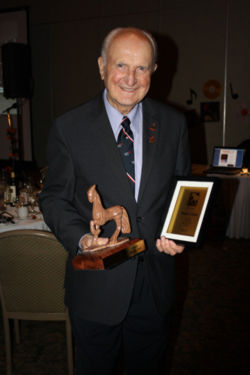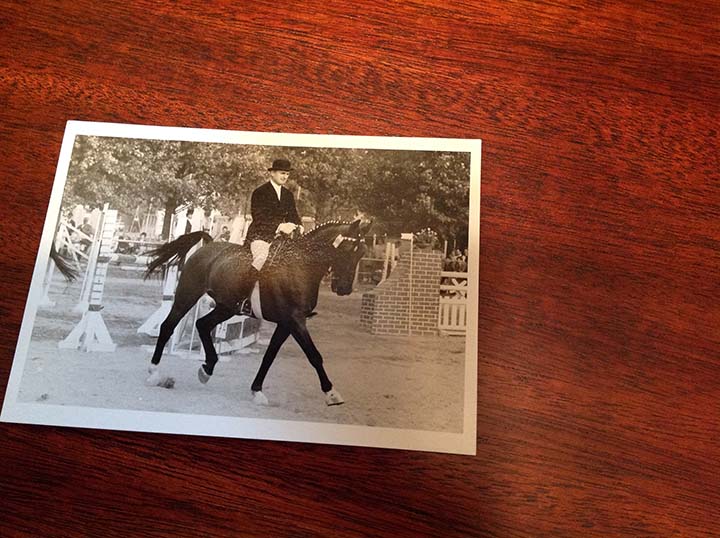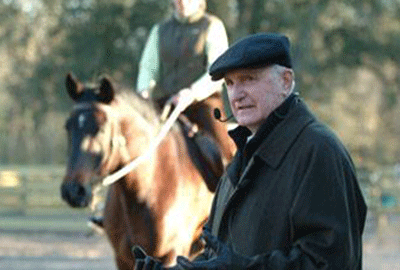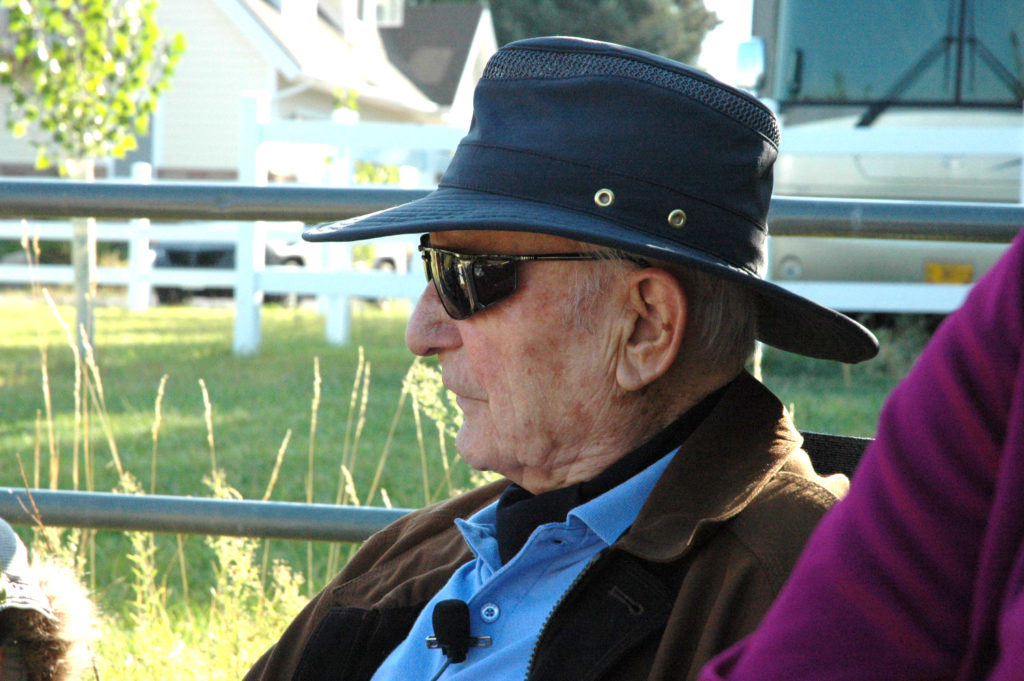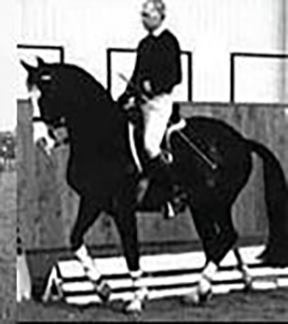
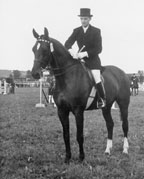
January 14, 2014
I would like to address all equestrian riders, not just dressage riders. We need people that are thinking about classical training. Not only for the longevity of the sport but mainly for the well-being of our horses. I want to congratulate all who keep thinking, learning, and promoting the idea of true classical training.
Classical Dressage was developed for military purposes and goes back as far as Xenophon 430 BC who wrote, “Riding a horse is not a gentle hobby, to be picked up and laid down like a game of Solitaire. It is a grand passion.”
Through a thousand years of development, dressage was refined as a necessity of military purpose. For the soldier, a well-trained horse was extremely valuable. Any measure that could preserve the horse both mentally and physically was taken seriously as a matter of life or death. Thus, techniques of training were developed so the horse would be preserved for many years. Collectively, those training methods are now known as Classical Dressage.
For example, the cavalry sometimes traveled hundreds of kilometers a day. Keeping the horses sound, both in body and mind was of utmost importance. This was done by training methods. Also, The riders benefitted from this classical training by minimizing accidences due to frightened, tense horses, and fatigue. Any added stress for the horse or rider was detrimental to the cavalry as well as to their military success.
The advancing ideas of Classical training culminated with Frederick II, the Great (1712-86): King of Prussia. Classical Dressage principles meant having a cultured horse and mounted military. Being cavalry trained with Classical Dressage techniques became prestigious and highly honored, fulfilling for horse and rider. The basic principles of Classical Dressage training allowed horses to be more relaxed, and preserved their soundness for many years, creating trust between rider and mount. Under Frederick’s rule, riders who were cruel to their horse suffered severe punishment as horses were regarded with the utmost respect.
I was originally trained for the cavalry using classical principles. The goal of my training was to develop an athletic horse while at the same time preserving his mental, physical and emotional well-being. This created a life long partnership with my horse. It also created the life-long desire to share my experience and knowledge with today’s dressage riders and trainers. Over the years I have expanded this to reach all types of disciplines. I have developed a great compassion for the horse, it runs deep, and it defines who I am.
My goal of dressage training is to inspire the horse’s confidence in the rider while developing the horse’s natural athletic ability. One should only ask as much from the horse as is exhibited in turnout or at play or when he shows off like a great stallion. All of these movements are natural and the horse enjoys doing them. These movements are found in horseplay and are part of all exercises in our dressage tests.
The horse should have flexible gymnastic like qualities. They should be allowed the proper time to develop physically and mentally, progressing slowly up the training pyramid. When done this way we can be assured that our horses will have many quality years as our partners and that they will trust us, as well as we trusting them.
For me this is Classical Dressage. These are the ideas and philosophy I would like to share with everyone who loves their horses. That we should all try to do everything possible for the well being of the horse
Yours Truly
Walter A. Zettl
